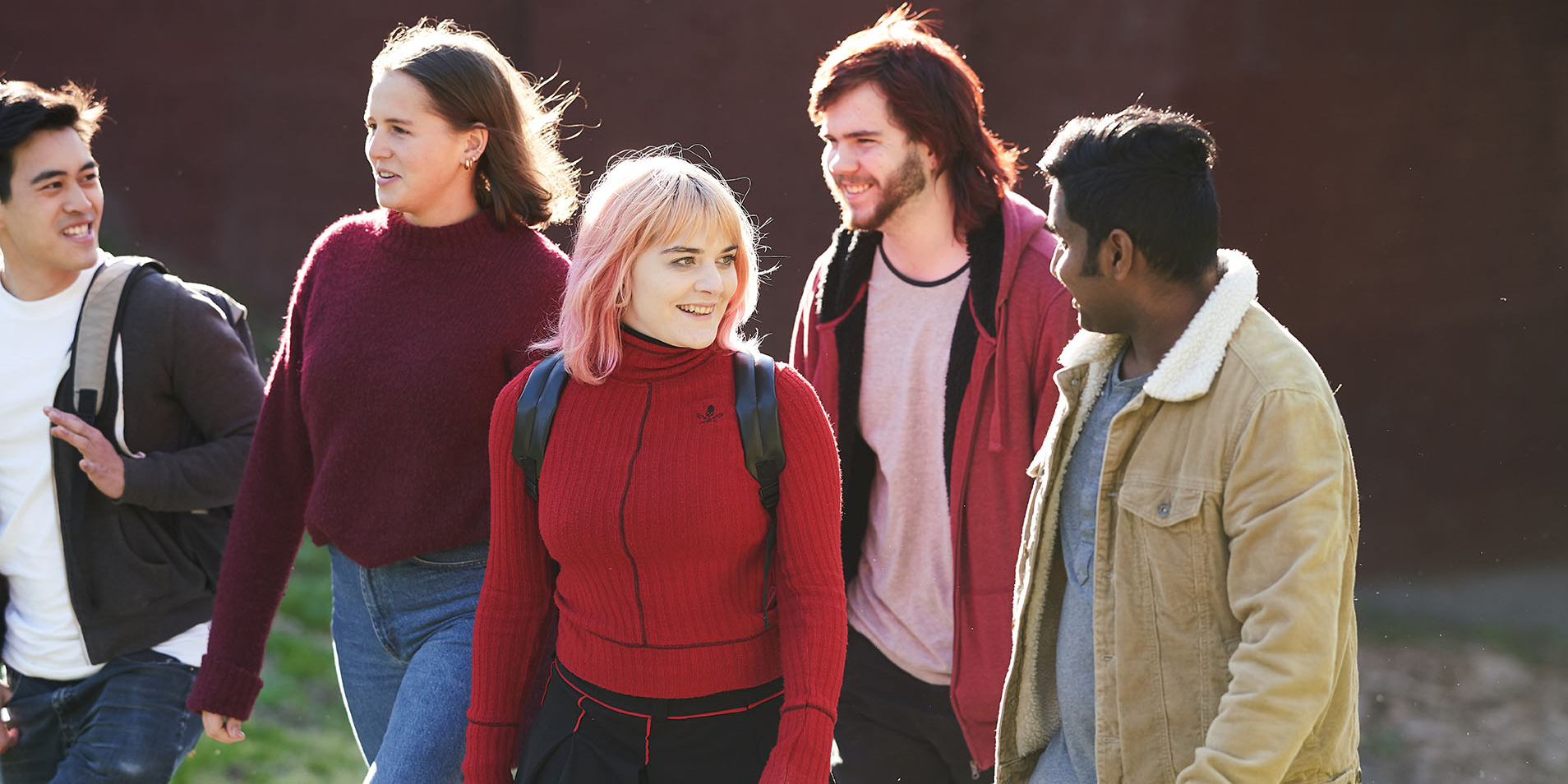
Orygen’s suicide prevention research team partnered with communities in the north-west of Melbourne earlier this month, holding a forum to support young people in talking safely online about suicide.
The community forum was opened by the Victorian Minister for Mental Health, the Hon Martin Foley MP, who spoke on the importance of the forum given the devastating toll of suicides in Victoria.
Associate Professor Jo Robinson, who leads Orygen’s suicide prevention research team, said the theme of the forum was suicide prevention and social media. “We received some fantastic input which will help shape the future of the #chatsafe guidelines”, Associate Professor Robinson said.
“The #chatsafe guidelines were developed by Orygen in partnership with young people, and are the world’s first guidelines to support young people in communicating safely online about suicide.”
Associate Professor Robinson said community stakeholders, including representatives from state and local government, mental health service providers, community youth services, and others, were asked to consider how social media could best be used following a suicide death in the community.
“Educational staff were also consulted on the development of training modules and resources for schools to help better equip them to support young people to talk safely on social media about suicide.
The forum was chaired by two youth co-conveners, Daniel and Genesis, who spoke of their passion and interests in youth mental health; and young people assisted in running the registration desk, ushering, co-facilitating the stakeholder sessions and managing social media.
“Seeing young people help shape the future of suicide prevention and suicide research is inspiring to all of us,” Associate Professor Robinson said.
The forum offered a great opportunity to bring community stakeholders together to share the work that Orygen is doing in suicide prevention.
“Our work makes a real difference to people’s lives,” Associate Professor Robinson said. “This is our way of sharing our learnings and also checking in with the community to make sure our research program reflects their needs.”